What Americans Do That Everyone Else Thinks Is Weird

The United States is a country full of 24-hour restaurants, outrageously large beverage sizes, and a populace that is not ashamed to show its patriotism. While each nation has its own quirks, in the United States, Americans have several customs and behaviors that set them apart from the rest of the globe.
Americans love their country and are proud to show it – whether it’s flying the flag, supporting their drive-thru culture, or buying drum-sized buckets full of pretzels from Costco. From their love of big-box stores to their currency, here are some of the oddest things Americans consider standard that the rest of the world thinks are insane…
Same-Colored Money
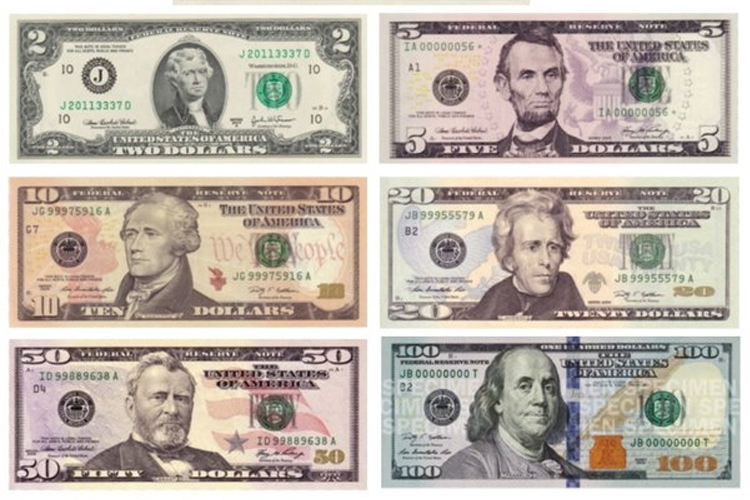
American currency might be practical, but it’s certainly not as fun or interesting as currencies from other countries. For instance, Australian money is not only brightly colored, but it’s also waterproof. In contrast, American bills are all the same size and color- making it tricky for a novice.
Who knows? Maybe one day America’s cash will be just as chic as Europe’s euros or Canada’s cleverly designed maple leaf notes. Until then, Americans can enjoy the colorful world of foreign currency.
Pajamas In Public

Comfortable clothing is preferred in public settings by Americans more so than in any other country, where it’s unheard of to be seen out and about in your pajamas. In fact, one study found that 65% of Americans feel it’s appropriate to wear yoga pants in public, as opposed to just 8% of Germans.
So what’s the secret to American comfort? It could be our laid-back attitude or the fact that Americans simply value their leisure time more than other cultures. Whatever the reason, Americans love comfortable clothes and are not afraid to show it no matter what.
Absurd Portions
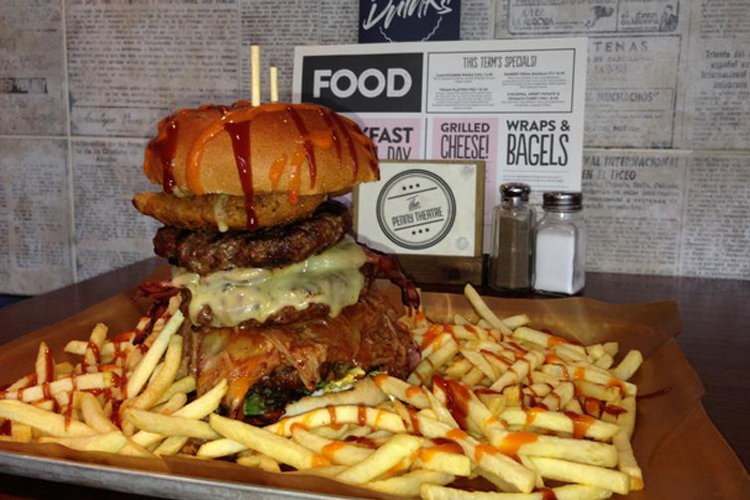
Americans love their food, and they love to see it in large portions. Whether it’s because they have bigger appetites, want to get value for money, or simply enjoy leftovers, the USA is known for its overflowing plates of deliciousness – something tourists from other countries can find hard to resist.
While Americans love large portions, there are definitely some drawbacks. For one, it can be really easy to overeat when your plate is piled high with food. And secondly, all of that extra food often goes to waste – something that’s not only bad for our wallets, but also for the environment.
Ridiculous Amounts Of Advertisements
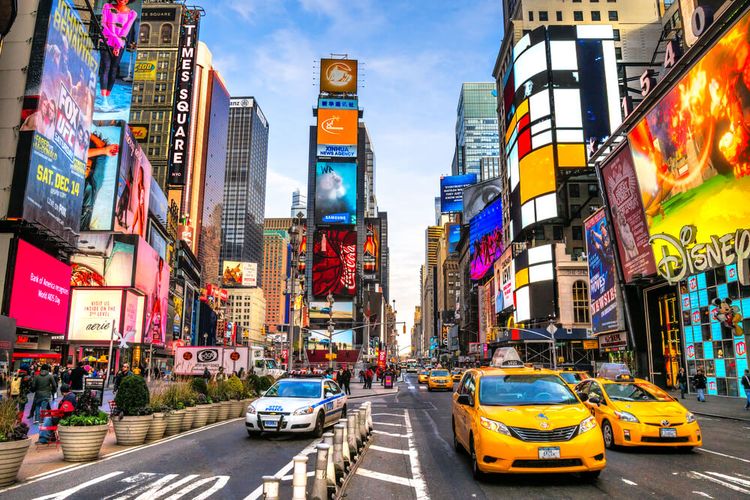
Something unusual that visitors to the U.S. comment on is the number of TV commercials Americans have – these randomly placed adverts are sometimes annoying. Fortunately, now that streaming shows are more common, American TV advertising consumption aligns more with global standards.
However, even though Americans may not like it, TV advertising is here to stay. In fact, it’s a big business – in 2017, spending on U.S. TV advertising was estimated at over 180 billion dollars. And it’s not just product placement; a whole industry has sprung up around making commercials themselves.
Smiling At Strangers
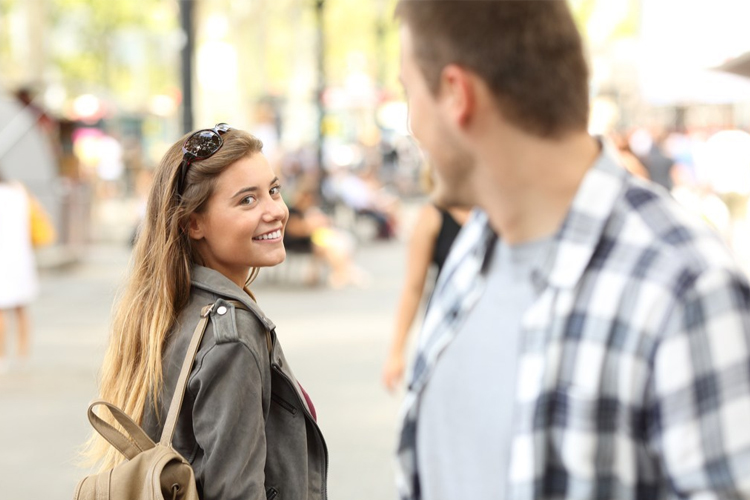
People from other countries may see Americans as overly friendly because they smile at strangers interchangeably. In some parts of America, smiling at strangers is customary and considered impolite to not do so. Americans should be aware of the social norms of other cultures when traveling.
In some cultures, however, eye contact and smiling at strangers can be considered threatening or even aggressive behavior. So if you’re an American traveling abroad, don’t be offended if people from other cultures don’t smile back at you. It’s just a cultural difference.
Huge Grocery Selections
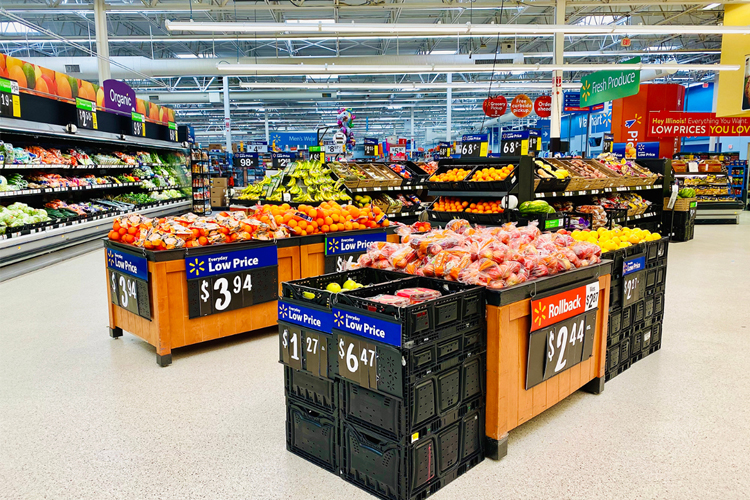
In the United States, customers love to have plenty of options available to them – this is true for everything from menus at restaurants to the wide array of items offered by big box stores. Tourists visiting the USA often express surprise at how many choices they have when shopping for food.
One of the most popular choices for groceries in the US is Walmart. This store offers an enormous variety of items, from food to clothes to electronics, all at very low prices. Walmart is so popular that it has even been given its own nickname: “the Walmart effect.”
Carding Older People

To visitors of the U.S., it may be funny to see older people being asked for their identification when purchasing alcohol – but store clerks are only doing their job. It’s actually the law. For older Americans, it does feel good to have their IDs checked. It makes them feel young and relevant.
However, there’s one time when being asked for ID can be frustrating: when you’re trying to rent a car. Most rental car companies require that drivers be at least 25 years old. And while some will make exceptions for drivers who are younger than 25 but have a good driving record, most will not.
Baby Showers Or Gender Reveals

Americans enjoy baby showers in the United States. It’s a chance to spoil the expectant mother and give the parents-to-be all kinds of baby gear to make life easier. In some countries, it is also considered bad luck to hold a gender reveal party before the birth of a child.
It’s not as common, but there are a few baby showers for men out there. And they can be just as fun. If you’re looking for something different to do for a friend or family member who is expecting, a baby shower for men may not be a very bad idea.
Huge Road Sizes

The U.S. is a vast nation, and one of the advantages of having so much territory is that cities can have extremely big road dimensions, which you don’t see in other countries – especially in Europe — where roads are narrow and meandering. Such roads are not only present in rural areas, but also in cities.
It is not unusual to find a street that is several hundred miles long, which can be tiring for both drivers and passengers. Fortunately, there are ways to make these trips more bearable: take turns driving, plan for plenty of rest stops, and try to break up the trip into manageable segments.
Over-Attentive Servers
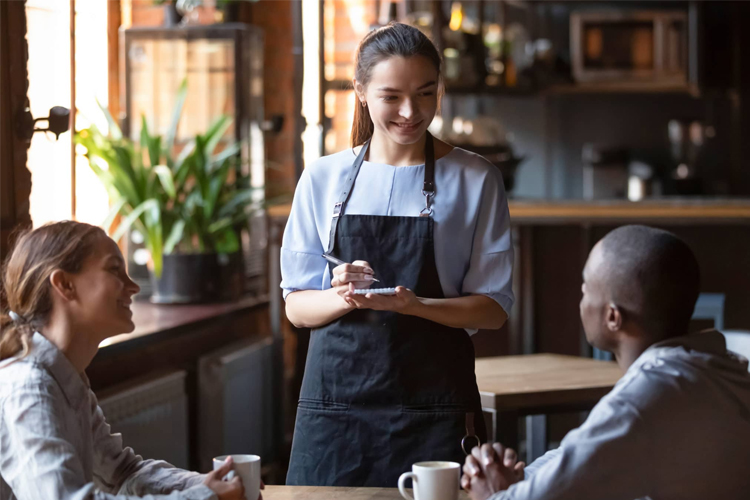
In many other countries, customers only have one or two brief conversations with their servers throughout a meal. In contrast, in the United States, where waitstaff relies on tips to make up the bulk of their income, Americans have a different approach to dining.
American waitstaffs are not only more attentive; they also earn more money when tables are turned over quickly. In the same way that Americans find driving on the left-hand side bizarre, visitors to the U.S. find their servers at their beck and call extremely weird.
Free Refills

When Europeans discover that refills are free, they are ecstatic. When you visit many parts of the world and need to pay for refills, it appears odd to Americans. In most countries, when you buy a soda or a cup of coffee, you must also spend money on each additional cup.
Interestingly, some countries don’t allow you to get refills at all. In some countries, it’s considered rude to ask for a refill on your coffee. You’re supposed to enjoy it as is and move on. Ordering a second coffee would be like ordering a second glass of wine – it’s just not done.
Coffee To-Go

In many nations, coffee is intended to be enjoyed while seated and watching the world go by. Not so in the United States. Americans enjoy their coffee on the run, whether it’s from a drive-thru or purchasing one to take with them as they shop. Their coffee culture differs from that of other countries.
This is especially true in the morning when Americans are more likely to grab a quick cup of coffee and go. They are less likely to take time to sit and enjoy their coffee, opting instead for convenience. In the United States, coffee is often seen as a necessity rather than a luxury.
Tipping
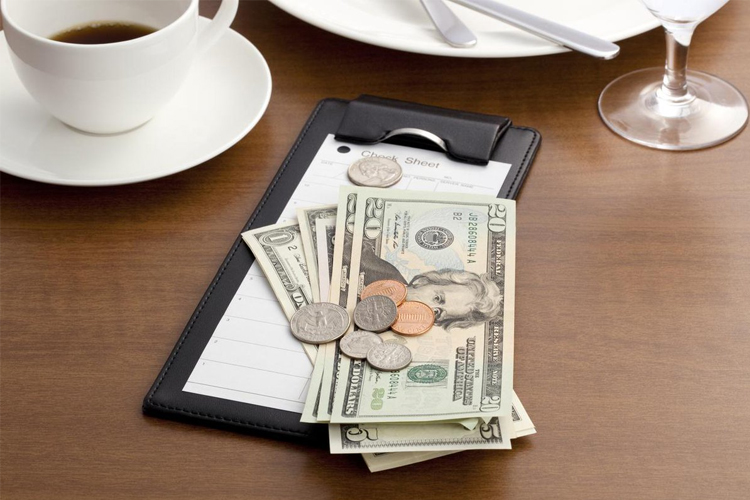
In the United States, tipping is not only expected, but it comprises the bulk of restaurant servers’ salaries since their hourly rate is so low. In most European countries, waitstaff are generally paid a decent wage that does not necessitate using tips to finance their expenses.
Tipping isn’t expected in most European nations because service charges are already included in the cost. In China, tips are also considered rude because they are a form of bribery. Tipping is also not customary in Australia, New Zealand, and Canada.
Drive-Thrus
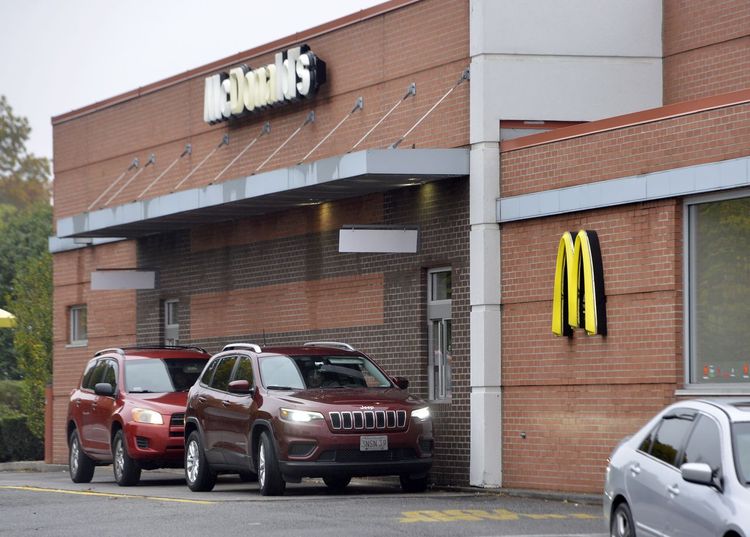
The first drive-thru in America opened in 1947 at Red’s Giant Hamburg in Missouri. By the 1950s, they were becoming popular all over the US. While they may have started with motorists picking up a bite to eat, the drive-thru business has expanded well beyond the restaurant industry.
Today, you can find drive-thrus not only at fast food restaurants but also at banks, liquor stores, and pharmacies. Drive-thrus are primarily an American phenomenon as the U.S. is very car-centric. In most other parts of the world, people have to park their cars and go into a business to get what they want.
Tons Of Ice

Although America’s infatuation with ice beverages is notorious, many tourists request less ice because they believe it dewaters the drink. It’s not typical in other countries to fill a cup full of ice; instead, you typically get one or two cubes at most.
So when you order an iced drink in Europe, don’t be surprised if it comes with less ice than what you’re used to. If you want your drink without ice, simply request “no ice” or “sin hielo.” When ordering cocktails, bartenders often make them very strong, and adding ice water would only weaken the drink.
Giving Away Credit Cards
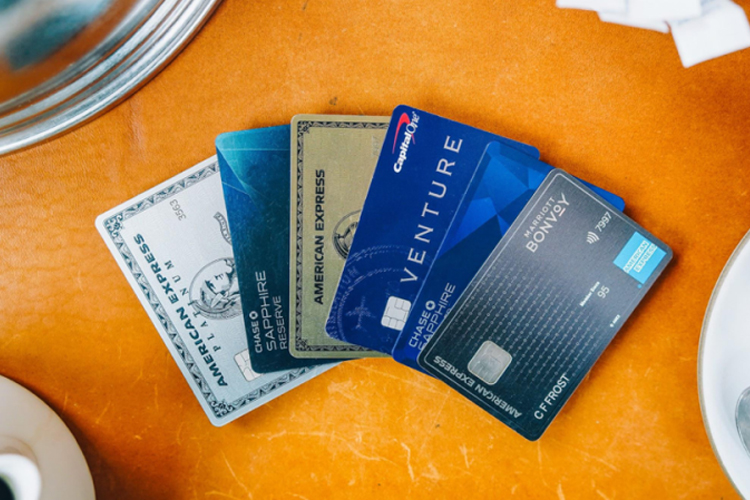
In other countries, handing your credit card to a complete stranger may be a risky business. Unlike in the United States, the waitstaff will swipe your credit card through a machine right next to your table so that it is always within sight.
Many countries have also implemented a “chip and pin” system for credit cards, which requires the cardholder to enter a personal identification number (PIN) into the credit card reader in order to complete a transaction. This makes it more difficult for criminals to use stolen credit cards.
Cheerleaders At Sporting Events
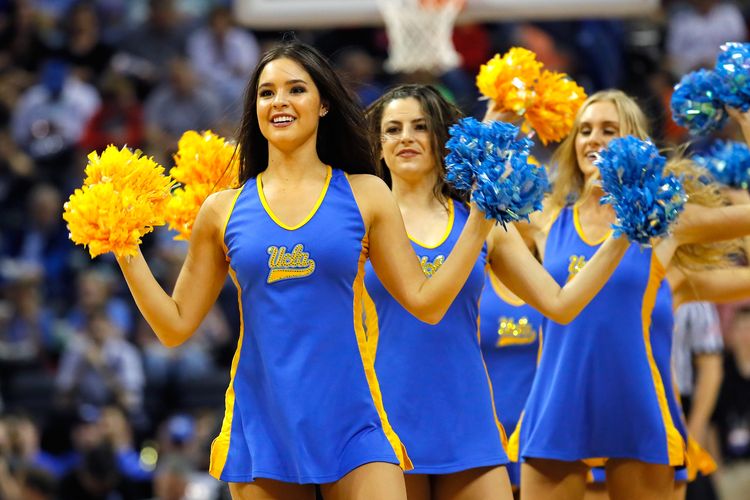
Have you ever tuned in to a worldwide soccer match? Because they’re a completely American phenomenon, you’re unlikely to see any cheerleaders. While the origins of cheerleading are uncertain, it was first recognized during a football game between Princeton and the University of Minnesota in 1897.
It wasn’t until the 1920s, however, that cheerleading became an official part of college football. In 1923, the first intercollegiate competition for cheerleaders was held at Princeton University. Today, competitive cheerleading is a widely popular sport with its own national championship.
Constant A/C

In sizzling nations, air conditioning isn’t always left on, but in the USA, businesses often set AC to a chilly temperature. According to the Washington Post, a 2008 survey found that 88 percent of Americans say they find some retail establishments too cold.
Another 76 percent say they have to bring an extra layer of clothing with them when they visit restaurants or movie theaters. In the summer, people often leave their air conditioners on even when they’re not home in the United States, which can waste a lot of energy.
Ads For Lawyers & Prescriptions

It’s no wonder that pharmaceutical companies spend a fortune on advertising in the USA. If you watch the evening news, you’ll notice that nearly 90% of commercials during prime time are for prescription drugs – which is pretty strange to people from other countries.
The same can be said for attorney commercials; they’re everywhere in America, but you very rarely see them abroad. The American legal system is much more complex than that of most other countries. This makes it much more difficult for people to resolve their disputes without the help of a lawyer.
Shopping At Superstores

Americans adore big-box stores, and they’re prepared to pay a year’s membership fee just to get their hands on all of the huge goods. They don’t have any problems stacking their pantries and garages with food that will last for months because houses in America are usually spacious.
However, what happens when Americans need to purchase an item that is a bit outside of the box, such as a piece of furniture? The problem with big-box stores is that they don’t always offer the same level of customer service as smaller businesses. For instance, big-box stores don’t usually allow returns.
Late-Night Dining
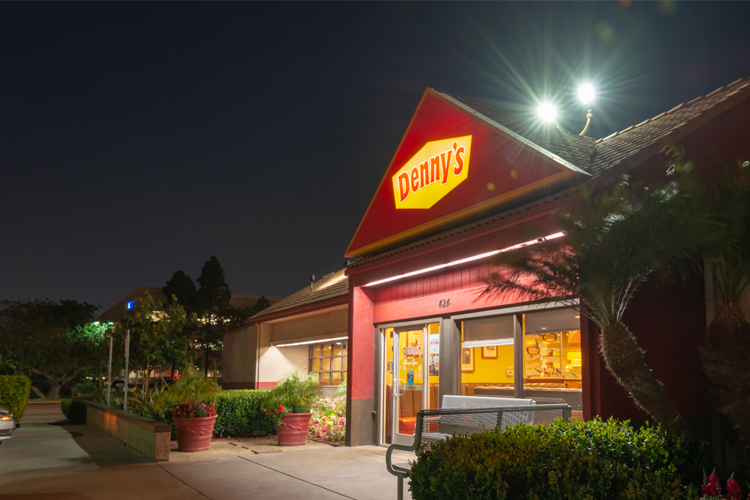
In America, if you’re ever hungry in the middle of the night, there’s always a 24-hour restaurant open to satisfy your cravings. Although these restaurants are commonly thought to only appeal to the club and bar crowd that’s out late at night, the first establishments actually opened near factories.
One of the most popular 24-hour restaurant chains in America is Denny’s. This chain started out as a donut shop in California in 1953 and eventually expanded to become a full-service restaurant. Today, there are over 1,500 Denny’s locations across the United States.
Gender Neutral Bathrooms
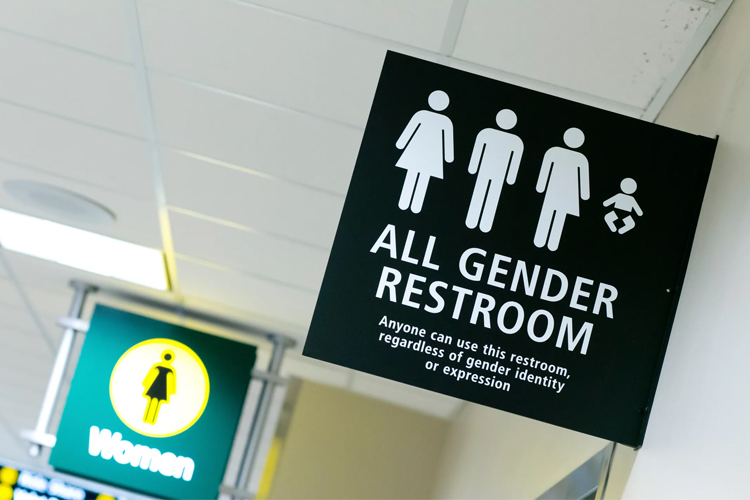
To foreign travelers, America’s single-occupancy restrooms — commonly called gender-neutral or family bathrooms as the case may be — can be confusing. In the United States, these spaces are typically labeled as such and separate from larger shared restroom facilities.
The use of single-occupancy restrooms is often seen as a more private and intimate experience, which some travelers may prefer. As more and more businesses and public spaces adopt gender-neutral bathrooms, it’s important for travelers to know what to expect.
Excessive National Pride
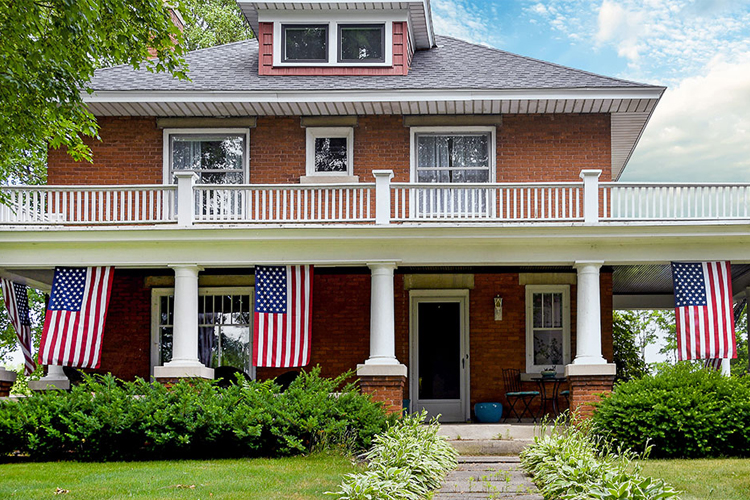
American patriots love to publicly express their national pride, but this might appear over the top to people from other cultures. For example, many Americans display flags in front of their homes, wear patriotic colors, and even get tattoos of the American flag.
Some argue that these public displays of patriotism are tacky, while others believe they are a necessary part of being a proud American. There is no right or wrong answer, but it is important to be aware that not everyone will share your enthusiasm for showing off your national pride.
Using Coins
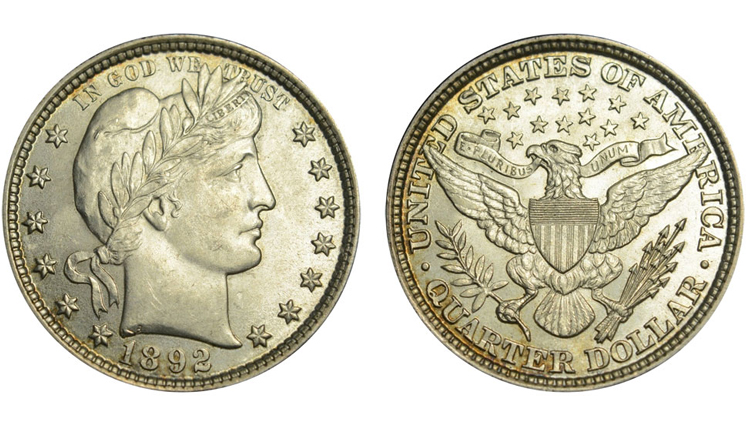
To foreigners, the U.S. coin system can be confusing – the size of a coin doesn’t correspond to its value. A quarter makes sense, but having a dime that’s smaller than a nickel is just perplexing. This is all due to the Congress of 1792, which decided that a dollar should be split up into 100 cents.
This system made sense when the U.S. was first founded, but as time went on and the country grew, it became clear that the system was no longer practical. In 1857, Congress changed the size of some of the coins to make them more uniform, but it wasn’t until 1892 that the current sizes were established.
Not Taking Vacation

In contrast to many European nations, where people receive six weeks of paid vacation a year, the typical American receives just two weeks. Other countries may view Americans as workaholics because of our long work hours, brief lunch breaks, and lack of paid vacation time.
But there are some upsides to the way Americans approach work. For one, Americans tend to view work as an opportunity to learn and grow, rather than simply a means to earn a paycheck. This can lead to greater job satisfaction and a more positive outlook on work in general.
Microwaves

Surprisingly, the U.S. is not the only country with a love affair with microwaves. Finland is also quite fond of this quick-cooking kitchen appliance, but in many European countries, it’s much more difficult to find one. For example, you would be hard-pressed to find a microwave in a home kitchen in Greece or Italy.
This may be because, in general, Europeans tend to cook from scratch more than Americans. In fact, according to a 2009 Eurobarometer survey, 96 percent of Greeks always or almost always cook meals from basic ingredients, compared to 74 percent of Americans.
High Medical Bills

In the U.S., healthcare is a huge business, and unfortunately, Americans pay some of the world’s highest medical expenses. With decent health insurance, you may be reimbursed at least part of the cost; however, those who don’t may find themselves in big debt after a visit to the hospital.
Healthcare costs are frequently subsidized or covered by national health insurance programs in other countries. In the U.S., however, things are different. There is no national health insurance program, and instead, each person is responsible for their own health insurance.
Deep Fried Foods
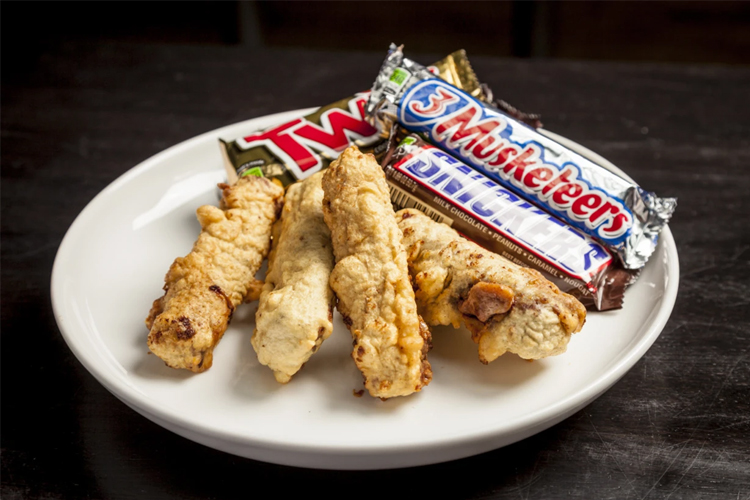
Although it’s not the healthiest, fried food is undeniably delicious – something Americans love to eat. While foreigners understand frying chicken and fish, they might find it strange that Americans also fry Twinkies, candy bars, and other unusual American snacks.
Fried food is a staple of the American diet, and Americans have a long history of frying various foods. In the South, fried chicken is a popular dish, while in the Midwest, fried fish is more common. No matter where you are in the country, though, you’re likely to find some fried foods on the menu.
Refrigerating Eggs

If you go to another nation, it may surprise you to know eggs are not kept in the fridge. Americans may be doing things all wrong. In the U.S., eggs go through a rigorous washing procedure that not only eliminates chicken dirt but also removes the egg’s protective coating.
As a result of this washing regimen, it is necessary to refrigerate American eggs. However, some countries don’t wash their eggs. Instead, they have a much gentler cleaning procedure that doesn’t remove the coating. So the eggs can be stored at room temperature without fear of them going bad.
Commercial Pharmacies
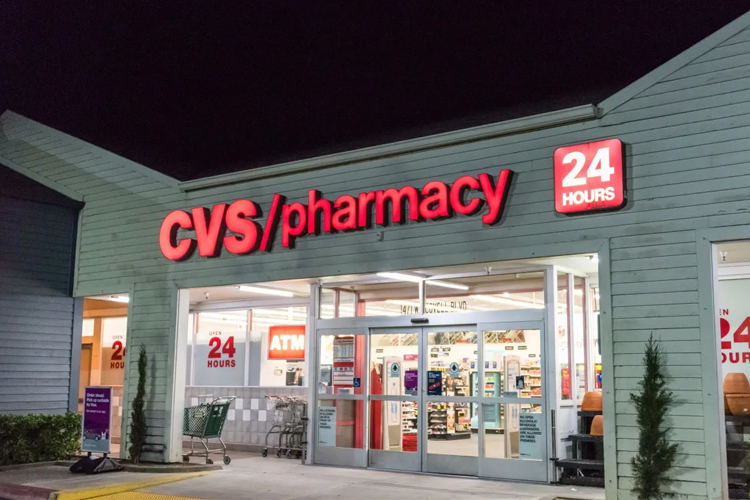
In some nations, a pharmacy only sells drugs or medical supplies. In America, pharmacies are like miniature grocery stores; many of them sell toys, food – and even alcohol. Why would someone buy beer at a place that also sells Band-Aids? However, upon closer inspection, it makes perfect sense.
The reason that pharmacies sell alcohol is that many people use it for medicinal purposes. For example, alcohol can be used as a disinfectant or an antiseptic. It can also be used to relieve pain or to help someone sleep. In addition, alcohol is often used in cooking, as it can add flavor to food.
Grape-Flavored Candy
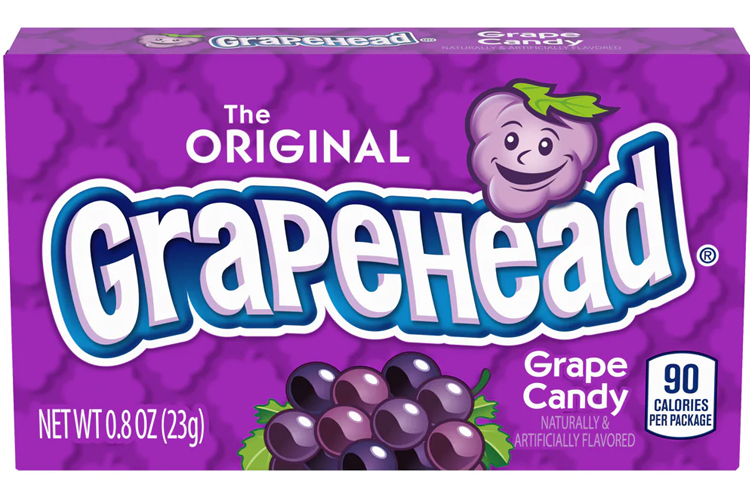
It may come as a surprise, but grape-flavored candy is actually an American thing. Americans love that artificial grape flavor in everything from candies and popsicles to soda. However, if you travel elsewhere, you’ll be hard-pressed to find anything similar.
So why is grape flavor so popular in the U.S.? It turns out that it’s all thanks to scientists working for the National Foundation for Celiac Awareness. In the early 2000s, they developed a new type of Grape Kool-Aid that was gluten-free and safe for people with celiac disease.
“How Are You?” As A Greeting

When Americans greet someone with “how are you?” they usually don’t need or want a super long answer. In America, this phrase is more of a formality than anything else. However, foreigners might not realize that and give you a rundown of their life instead of just saying they’re good.
If you’re ever unsure of how to answer this question, just say “I’m doing well, thank you.” This is a short and sweet answer that will suffice in most situations. If you want to be a little more specific, you can say “I’m good, thanks for asking.” However, it’s best to keep your answer brief.
Giant Toilet Stall Gaps
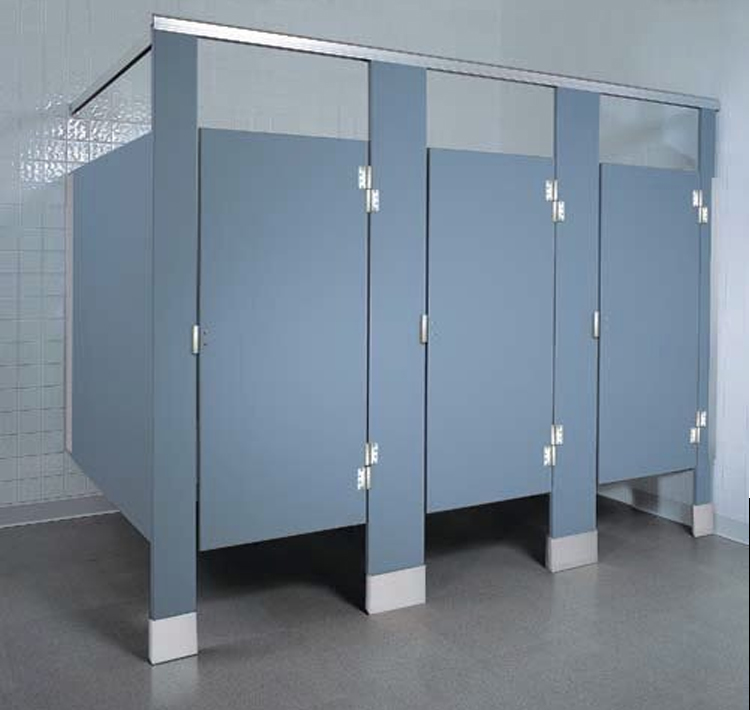
The many gaps at the bottom of our toilet stalls in America often perplex and disgust visitors to our country. These gaping spaces appear odd to us, but upon further inspection, it appears there may be several reasons for their existence, easier cleaning of the stall is one explanation.
It is unclear exactly when and why these gaps appeared in American toilets, but they are not unique to the United States. Toilet stalls in other countries, such as Japan, also have gaps at the bottom, although they are not as pronounced as they are in America.
Not Including Sales Tax In Pricing
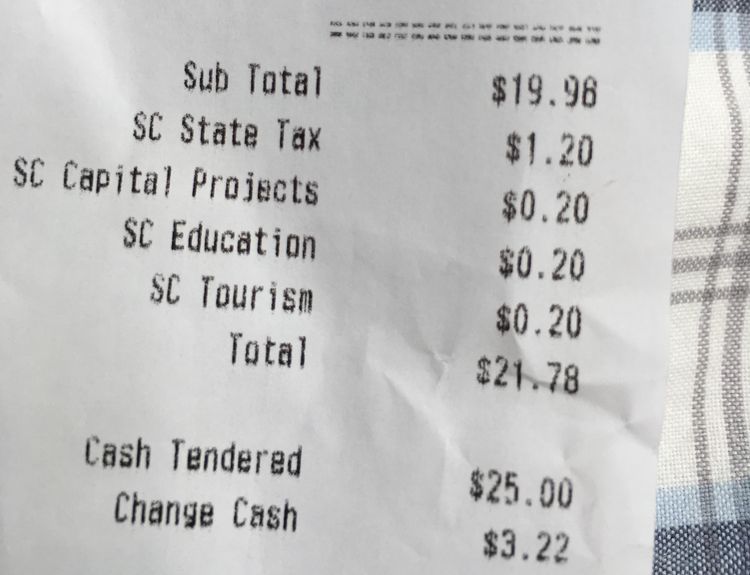
As opposed to other countries where sales tax is included in the advertised price, this isn’t the case in America. If you’re visiting from Europe, be prepared to see an additional cost at the register due to sales tax. Depending on the state you’re visiting, this tax can range from 4% to 10%.
If you’re used to using credit or debit cards for your purchases, be aware that many smaller businesses in America only accept cash. While larger stores and restaurants will usually take cards, it’s always a good idea to have some cash on hand just in case.
Flying Tons of Flags

A whopping 65 percent of consumers own an American flag, as reported by the National Retail Federation. Americans reserve them for special patriotic holidays and are a proud nation that loves to show their national pride all year round by adorning their homes and businesses with the stars and stripes.
In addition to the traditional uses for flags, such as flying them on flagpoles or draping them over our porches, Americans also use them to show their support for their country’s sports teams, by waving them at games or hanging them from RVs and cars and by displaying flags at community events.
Imperial System
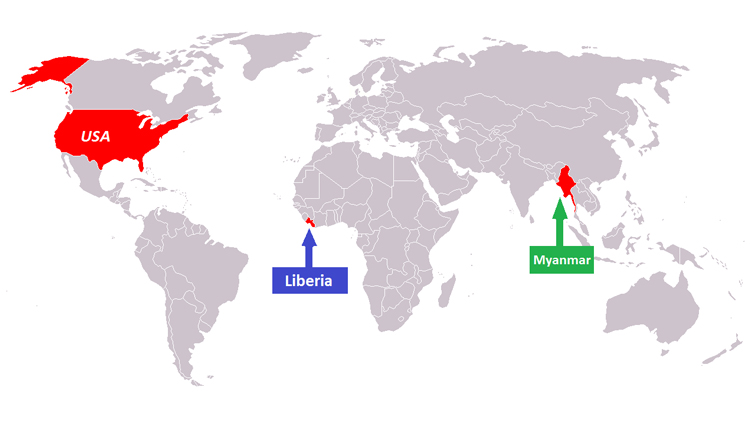
The United States is one of only three countries in the world that still use the Imperial System. In most other nations, the metric system has been adopted as their primary measuring system. This can be confusing for both Americans traveling overseas and for foreign tourists coming to visit America.
The metric system is used extensively in science, medicine, and many other fields. In fact, only three countries in the world have not officially adopted the metric system as their primary measuring system: Myanmar, Liberia, and the United States of America.
Talking About Work

If you think about it, Americans love to ask people about their occupations. It’s almost as if our job defines a large part of our identity and other cultures find that amusing. According to The Guardian, Americans view this question as an ice-breaker; small talk for learning more about the person.
Americans also enjoy talking about work outside of office hours. Considering most American workers don’t get much vacation time, have long working hours, and often discuss work after hours. Other cultures, such as the Germans and Japanese, don’t ask about occupation because they feel it’s rude and intrusive.
Being Loud

Other countries may view Americans as excessively loud since they are sociable. Americans can’t help it – they love to whoop it up with the best of them and aren’t bashful about expressing their delight and enthusiasm. This may make other cultures perceive Americans as being brash and impolite.
Other cultures may find their directness offensive. Americans tend to say what they mean and mean what they say. They don’t play games with words or try to be deliberately vague. More importantly, their love of freedom and individualism can also be a source of friction with other cultures.
Red Solo Cups
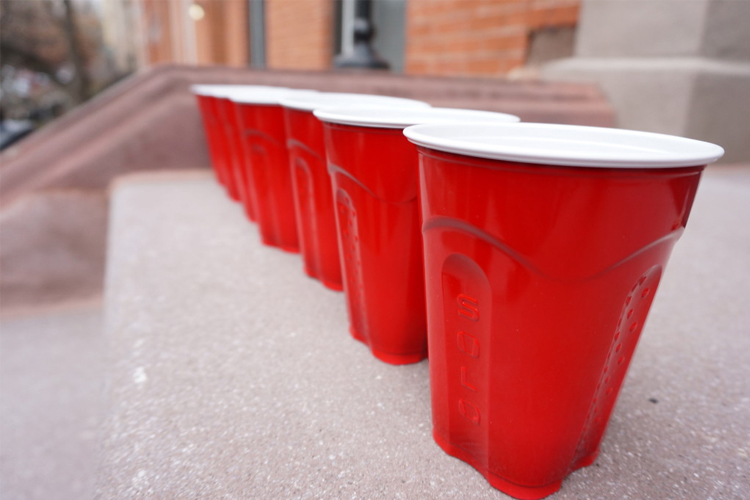
The Red Solo Cup is such an iconic symbol of Americana that country music artist Toby Keith wrote a hit about it. It’s rumored that in other countries, “American-style” drunken gatherings take place where everyone drinks out of – yes, you guessed it – a Red Solo Cup.
In 2012, solo cups were thrust into the political spotlight when then-presidential candidate Mitt Romney was caught on camera saying he liked “being able to fire people.” in reference to the ability to fire one’s health insurance company, but people thought he was out of touch with the average worker.
Two Political Parties
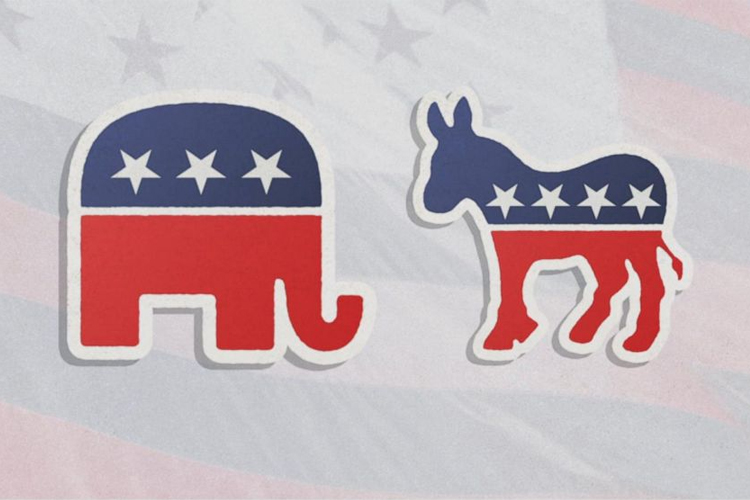
The majority of people in the United States would likely respond that they are affiliated with the Republican or Democratic parties. These two parties have won every US presidential election since 1852. However, many other nations have more than two political organizations,
And considering the current political divide, it may not be a bad thing. George Washington’s successor, John Adams, worried that a “division of the republic into two great parties…is to be dreaded as the great political evil,” according to The Atlantic.
